What Do You Do When an Artist You Love is Revealed to be a Dirtbag?
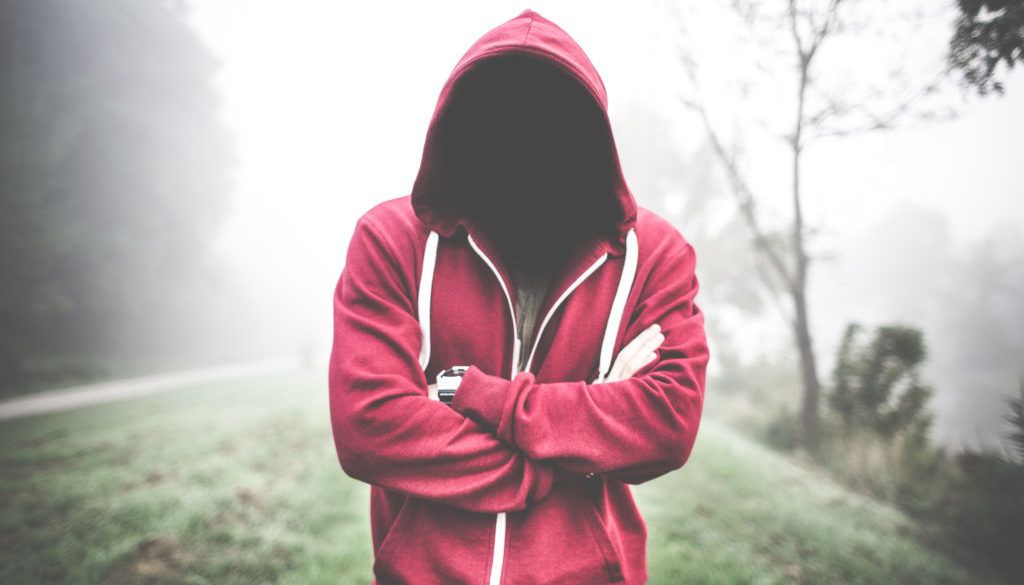
Over the past few months a plethora of artists have been outed as being total dirtbags. Whether they’ve been been grooming underage girls, taking advantage of women, or just straight up committing assault, many artists who we’ve had in rotation, seen on tour, or in some cases even worked with, have become people we would never have supported had we known what they were doing behind closed doors, or in some cases, on their phones.
While it goes without saying that the victims are by far the most affected, and most important, people here, a conversation with a buddy of mine got me to thinking – how do we, as listeners, deal with having great memories associated with an artist who turns out to be an awful person?
Matt Flood, who owns and operates Asbestos Records, notes how difficult this issue can be, saying, “It's hard to verbalize this without coming off as completely insensitive, but if you're someone to whom music is life, having a song that meant the world to you sullied by actions of the musicians can be traumatic. Maybe that song scored your first kiss, got you through a tough period of your life, or you just spent countless hours listening to it in a van with a friend who is no longer with us. Obviously it pales to the assault or abuse suffered by the person in question, but it still hurts.”
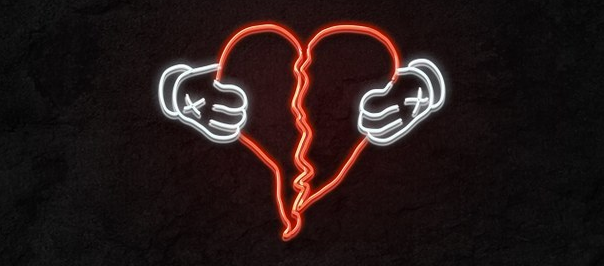
Flood continued, adding, “We bred this culture of ‘Sex, Drugs, and Rock n Roll,’ and we fed into it for decades, making the musician the last true royalty in America, and then we all of a sudden act surprised when rockstars play the part. And even now, while we wake up to the realization that we have to hold ourselves and our entertainers to a much higher standard of behavior, even the most woke amongst us still worship the Beatles, and (David) Bowie, leading to a weird standard where quality of output forgives a lot of sins.”
Art vs. Artist – The Great Debate
Is it possible to separate art from the artist?
It’s a question more and more of us have been asking with each new story about yet another artist being revealed to be a horrible person.
“I won’t pretend to know the answer to the separation of artist and art,” Flood says, “How do you balance the fact that while R. Kelly is an absolute monster, ‘Ignition (Remix)’ is still an outstanding piece of art. I have my personal examples where certain tracks are just attached to people I love, and were the soundtrack for significant moments in my life, and I’m not certain how to approach that.”
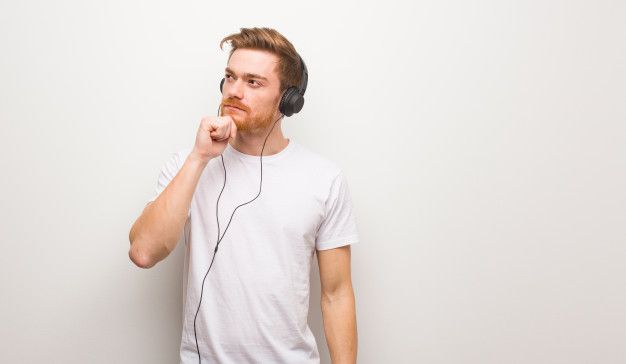
*AUDRA*, who is the frontwoman of the rock bad Chaser Eight, employs a full separation of art from artist, saying, “I believe that you can support the art whilst completely denouncing the artist. I feel it’s an important distinction as we can go back in history to find completely disgusting individuals that made absolute masterpieces.”
She added an aside to this, however, saying, “In full disclosure, though, I am very fortunate that I’ve never been the victim of any mental or physical sexual abuse in this industry, or in general. Therefore, I understand that my position does not come from one of pain and suffering, and I support any person or persons that would choose to denounce the art as well as the artists that may have caused them or others harm.”
For artist manager, A&R, podcaster, and musician Scott Waldman, an artist being a terrible human being is a total deal-breaker. “It’s hard for me to separate an artist from his or her art,” he explains, “If I meet a band dude that is rude in person, I hear that dickishness every time I listen to the band. The same thing applies to an artist that I may have loved for years sans human interaction, but events come to light that he or she is an awful human.”

Personally, I have the awkward sliding scale Flood mentioned earlier, where I have no problem disposing of the music of many dirtbag artists, but still have some I listen to.
So that’s four people with four completely different answers for how to handle this situation, and my guess is if you were to speak with 100 people you’d probably get 100 different answers.
That said, if you’re an artist who’s worked with someone who’s been outed as a dirtbag, it’s another story altogether.
Old Collaborations with Newly Outed Creeps
Earlier this year, hip-hop artist and radio personality Chaz Kangas found himself in an extremely uncomfortable situation – he learned that someone he’d made music with a number of years ago was a serial abuser of women.
The songs had been online for years on various platforms, and were available on CD. Kangas had a choice to make, and in an extended Facebook post he told everyone, “I removed every piece of music he and I made.”
Kangas then had a piece of advice/inspiration for all the artists in similar situations, reminding them that a former collaborator being revealed as an awful person “doesn't invalidate YOUR accomplishments,” adding, “you can continue without them. I know that seems way easier written than done, and sadly most music platforms don't allow for selective deletion in such a way. Personally, if I perform those songs I do them over a different beat. Again, it’s different for everyone, but you can remove them from your story.”
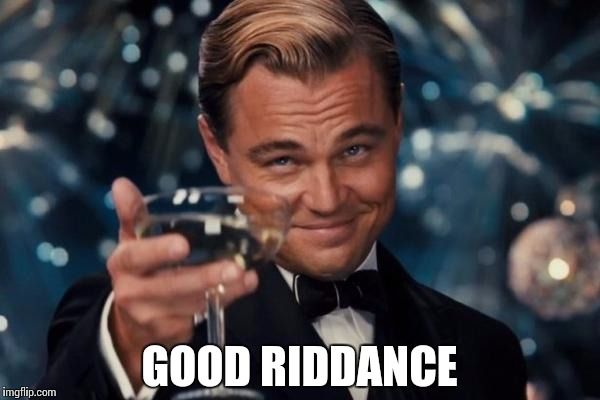
The Next Steps
So what do you do when an artist you love is revealed to be a dirtbag? I think the only real answer is – you do whatever is best for you.
That said, there are a few things all of must do to prevent the horrible occurrences that spark these types of internal debates.
“There’s the silent issue of your mutual friends with the abuser,” Kangas wrote, “It’s one of the most difficult conversations you can have. It can feel like gossip. It can feel like you’re betraying someone. It can feel like you’re opening the door to learn more unsettling truths. But if you don’t have that conversation, someone could be next.”
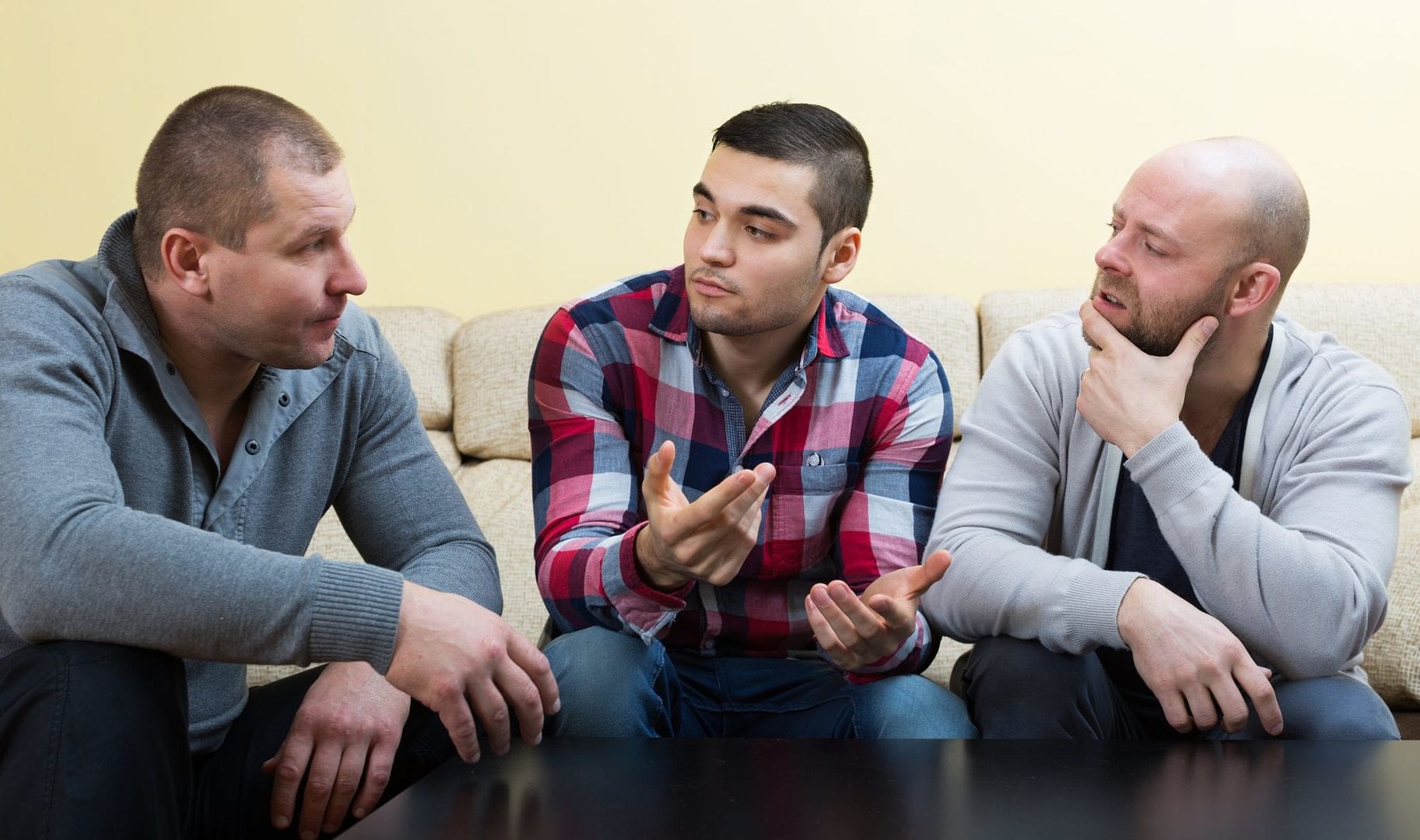
Flood adds, “I think we have to take victims of abuse seriously, and work towards an environment where we don’t accept behaviors that were previously commonplace in our industry. I think we all have to do better, call out your boys if you know things are happening that shouldn’t, stop looking the other way when you know this behavior is taking place on your tours or with your artists, and in general help educate younger kids to both not emulate this behavior, and also that you don’t need to acquiesce to your favorite musician if they’re doing things that make you uncomfortable.”
In other words, these are conversations we need to keep having.
As an aside, I actually reached out to more women than men for this feature, but many of the women weren’t comfortable discussing the topic publicly, which is totally understandable.

Comments